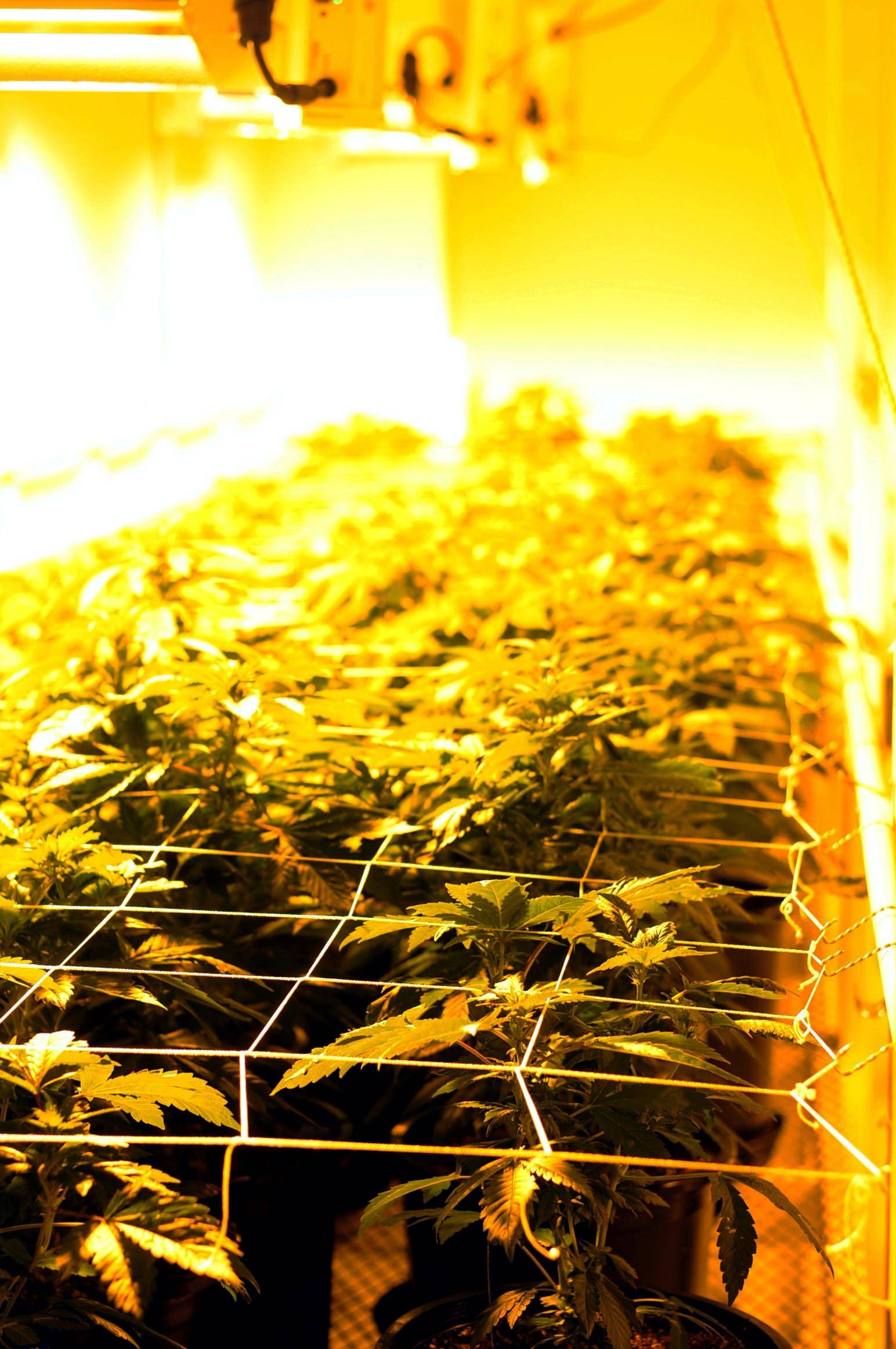The cannabis industry is coming to the city of Soldotna, but first, the rules and regulations need to be set, and this process starts in work sessions.
The city’s planning and zoning commission held the first of its marijuana related work sessions on Nov. 20 in preparation for February, when the moratorium on commercial marijuana in Soldotna will end.
Soldotna City Council voted down an ordinance to indefinitely extend Soldotna’s two-year moratorium on marijuana in September, after former Mayor Pete Sprague broke a 3-3 tie. The moratorium was set to end with 2017, but the council passed an ordinance extending it until February to provide time to cement the regulations.
“(The Nov. 20 work session) was more of an educational type of session,” said John Czarnezki, Soldotna’s city planner. “So, we talked about what the planning and zoning commission’s scope is, as far as what they can cover and what they’re allowed, by code, to cover.”
Planning and zoning mainly covers land use and zoning regulations. The commission will focus on different types of commercial marijuana and where it would be appropropriate in Soldotna.
“There is retail, testing, manufacturing and testing,” Czarnezki said. “We tried to identify other uses that are similiar to those marijuana uses. For example, marijuana testing is most similiar to medical whereas retail is pretty similiar to any other retail.”
By corresponding the marijuana business type with currently established business types, Czarneski hopes to find some guidance in which zoning districts to allow which type.
“We would identify where these proposed uses would go,” Czarneski said. “So, what zoning districts should retail be in? In our discussion … we talked about where we allow retail right now. We allow it in limited commercial districts. We primed (the planning and zoning commission) with what we do now for these related businesses.”
The commission will bring forward a new section of code dealing with marijuana and the four state-licensed establishment types, as well as revisions to other sections of code to include marijuana.
“The next time we get together, we’ll have to get some recommendations,” Czarneski said. “Once we have those recommendations, we will package them and bring them to council.”
The commission will meet again on Dec. 6 and will hold a work session following their meeting at 5:30 p.m. But, land use and zoning aren’t the only decisions that need to be made. By February the council must pass regulations for the entirety of the marijuana industry.
“Most likely, either Jan. 24 or Feb. 14 would be the public hearing before council on not only these changes, but a bunch of those other items the council is going to have to weigh in on, including the number of licenses, on-site consumption and all that stuff,” Czarneski said.
For anyone planning on starting their marijuana business in Soldotna, Czarneski warned them to wait before signing any sort of leases.
“We’ve received a few phone calls where people were asking about specific properties in town, but we’ve been telling folks that we don’t know what our standards will be,” Czarneski said. “We don’t recommend anyone buy or lease until we know what our standards are.”
In looking at how Soldotna will regulate commercial marijuana, the city is looking at state regulations and how other Alaska towns regulate the industry.
“We talked about how the state creates a separation between certain uses,” Czarneski said. “… The state already looks at (proximity to) churches, correctional facilities, daycares and schools. The city can put out those standards or add to them.”
In Kenai, which finalized its marijuana regulations in January 2016, prospective marijuana businesses must observe 1,000-foot setbacks from schools, which is double the state-mandated 500-foot school setback. Businesses must also be set back 500 feet from other sensitive areas, which include churches and correctional facilities.
The city of Kenai also constrains marijuna establishments by zone, requiring permission from Kenai’s planning and zoning commission for marijuana cultivation, retail and product manufacturing in all zones where they are allowed. Kenai conditionally requires planning and zoning’s permission for marijuana testing facilities in two of the zones in which they are allowed.
Reach Kat Sorensen at kat.sorensen@peninsulaclarion.com.

